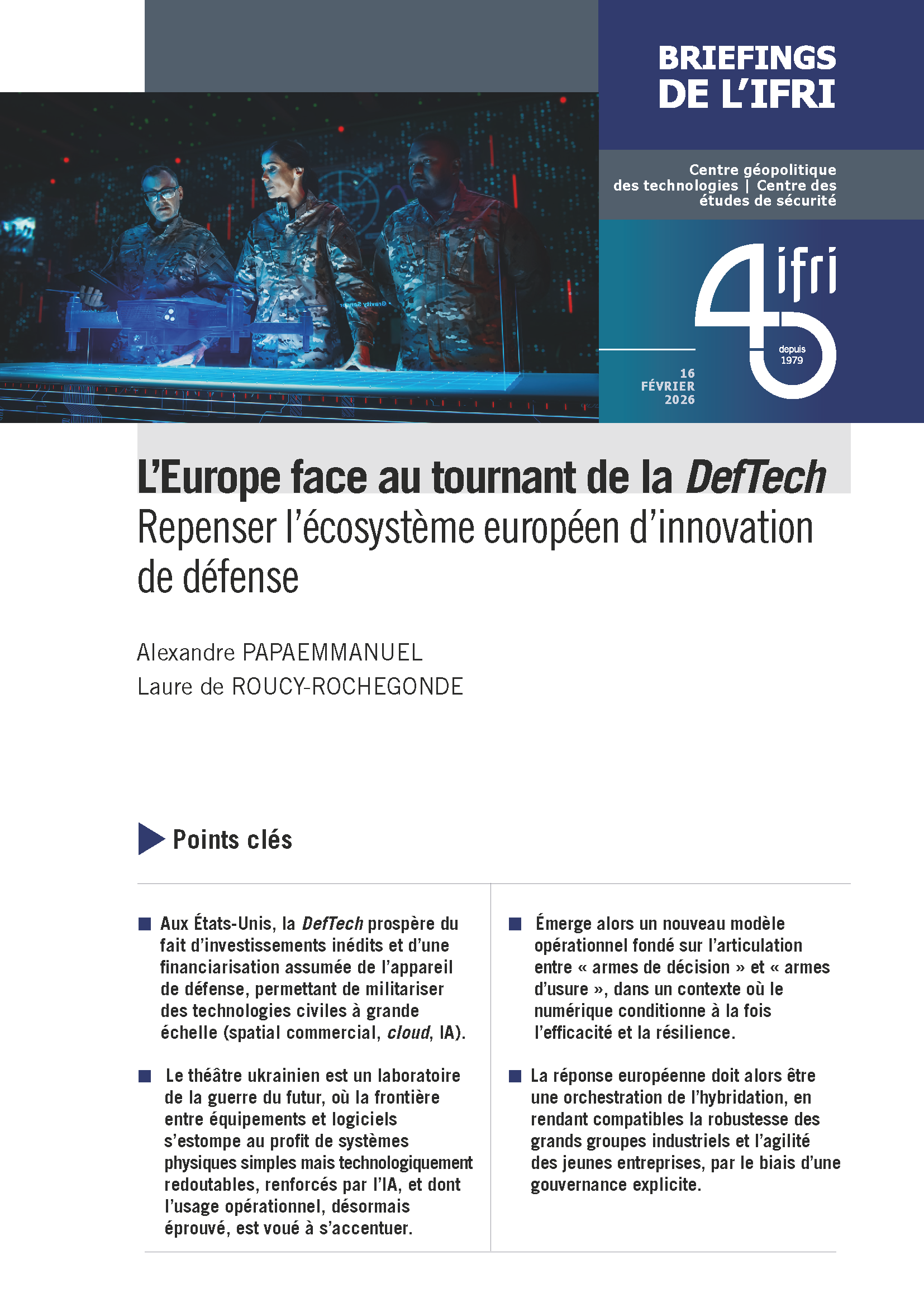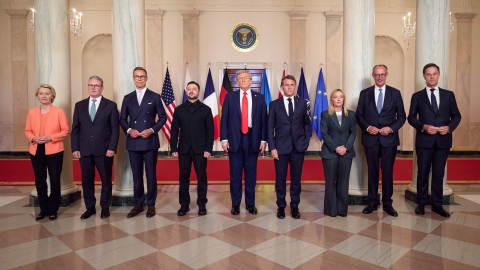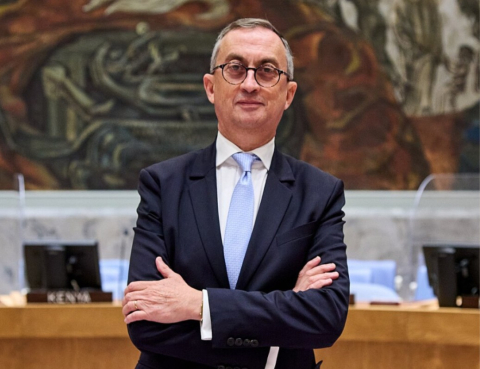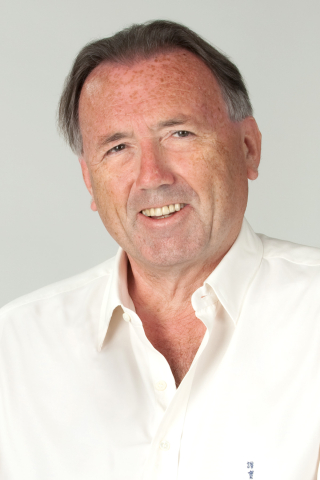
Informations pratiques
Centres et programmes liés
Ceci est un événement réservé.
En savoir plus sur nos programmes de soutienMost of the recent literature on China"s rise forecasts that the country will sooner or later overtake the U.S. as the world"s superpower. Timothy Beardson explains why this will not happen in his book: Stumbling Giant: the Threats to China"s Future, published in May by the Yale University Press.
After opening up in 1978, China was the world"s fastest reforming country through the 1980s and 1990s. From 2000 reforms stopped. Growth is now slowing. With a declining labor force and later a falling total population, it is hard to see high economic growth after 2030. China now faces a window in which it must radically reform or fall into a “middle income trap,” often seen when a fast-rising economy runs out of steam and it experiences a shrinking ability to bring under-employed people into the economy.
An historian by training and a financier by career, Timothy Beardson has lived in Hong Kong for 35 years and has been engaged with China since 1978. He founded, majority-owned and ran Crosby Financial Holdings (1984-1999), which became the largest independent investment bank in the Far East. Beardson addresses economic and strategic issues at events such as the World Economic Forum at Davos and speaks frequently to governments, universities, boards and central banks on economic and strategic issues. Chairing the China Oxford Scholarship Fund, he is involved with the Chinese education system.
Chair: Françoise Nicolas, Director, Center for Asian Studies Ifri.
Autres événements

Quelle politique de défense en Allemagne ?
Face à la guerre en Ukraine et à l’instabilité géopolitique en Europe dans un cadre transatlantique perturbé, l’Allemagne a amorcé un tournant majeur dans sa politique de défense, avec une hausse significative des dépenses militaires, la modernisation de la Bundeswehr et le débat sur un éventuel retour du service militaire obligatoire.
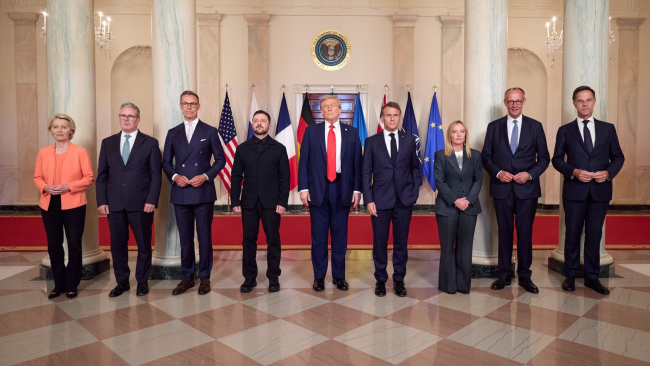
Quatre ans de guerre en Ukraine : verra-t-on la fin du conflit en 2026 ?
Un déjeuner débat autour de Tatiana Kastouéva-Jean, Directrice du Centre Russie/NEI, et Élie Tenenbaum, directeur du

Quel partenariat technologique avec l’Inde ?
Le 16ème Sommet UE-Inde, qui s’est tenu le 27 janvier à New Delhi en présence des dirigeants européens António Costa, Ursula von der Leyen, et du Premier ministre Narendra Modi, marque un tournant dans le renforcement des liens entre l'Union européenne et l'Inde. Parallèlement, les visites bilatérales se multiplient, à l’image de celle du Président français qui s’est rendu en Inde mi-février pour participer au Sommet sur l’Intelligence Artificielle.



